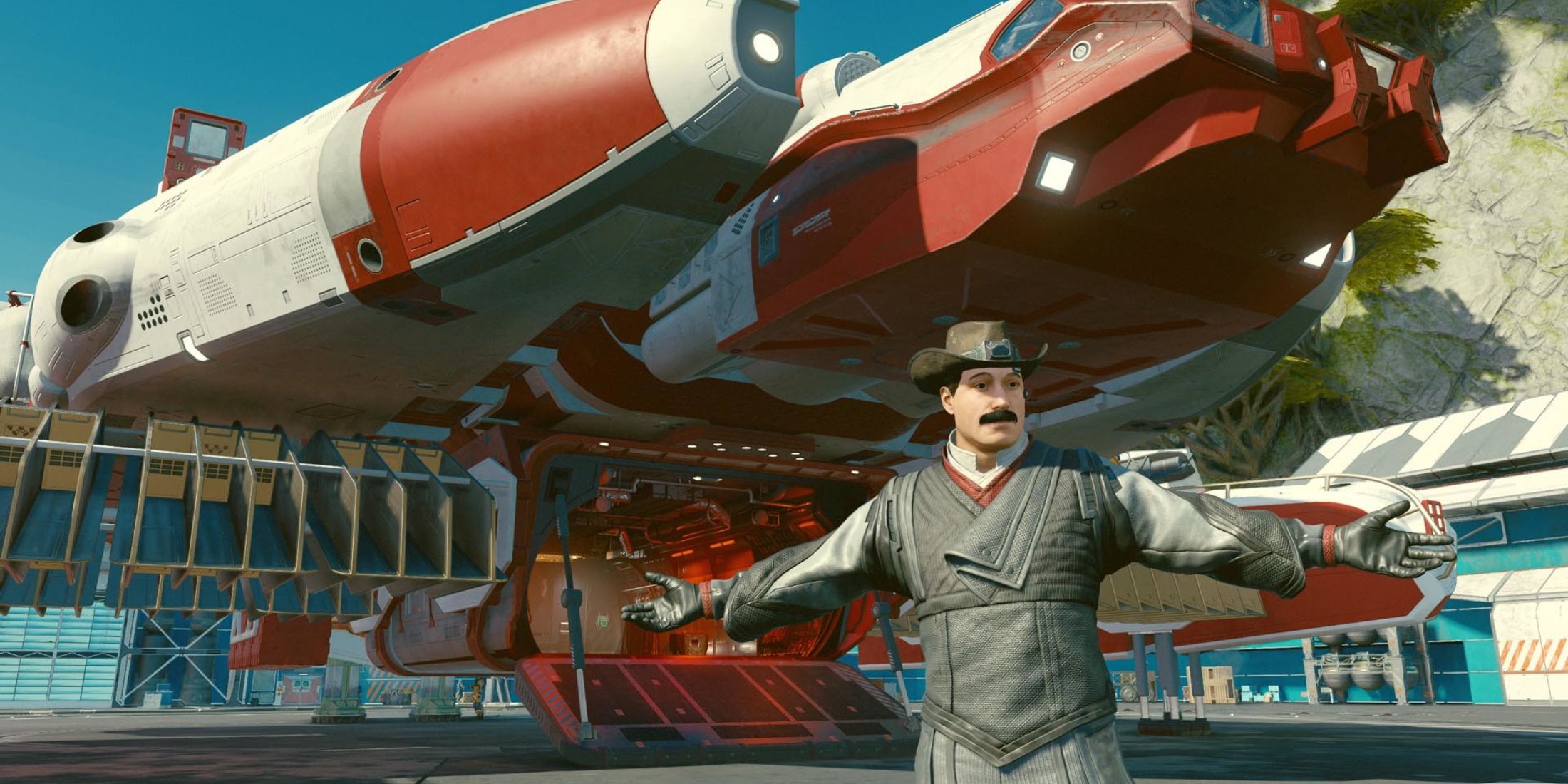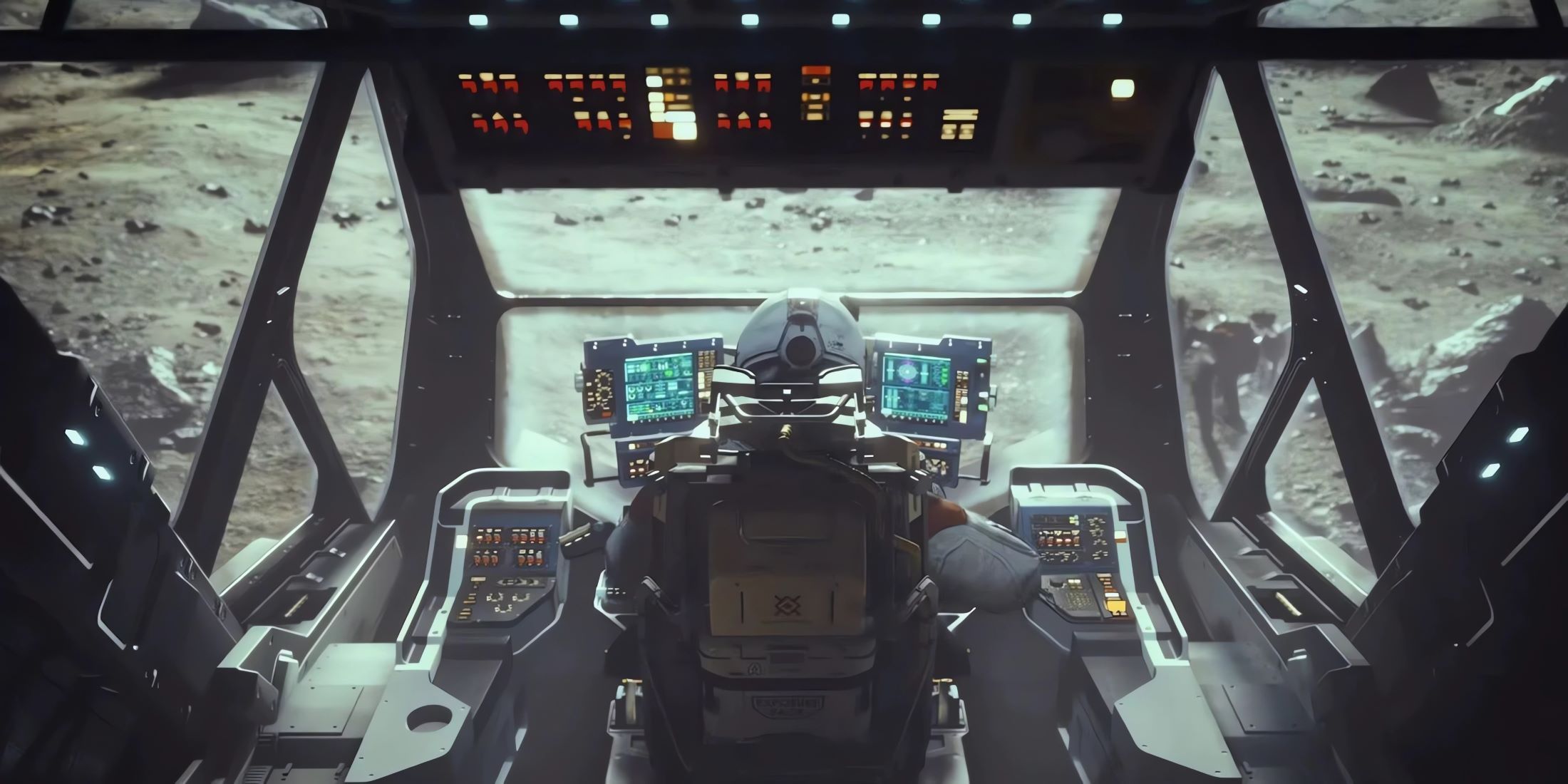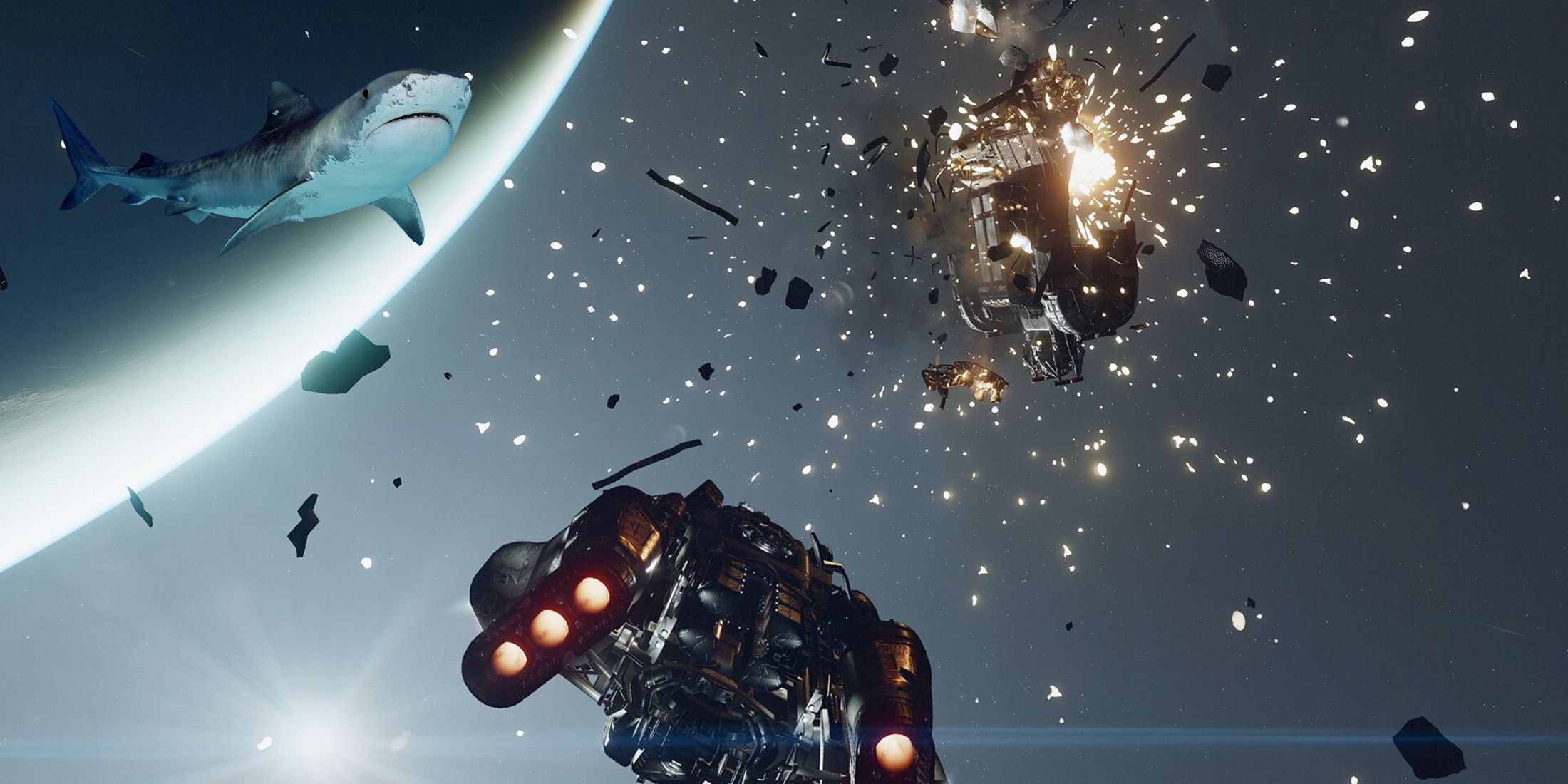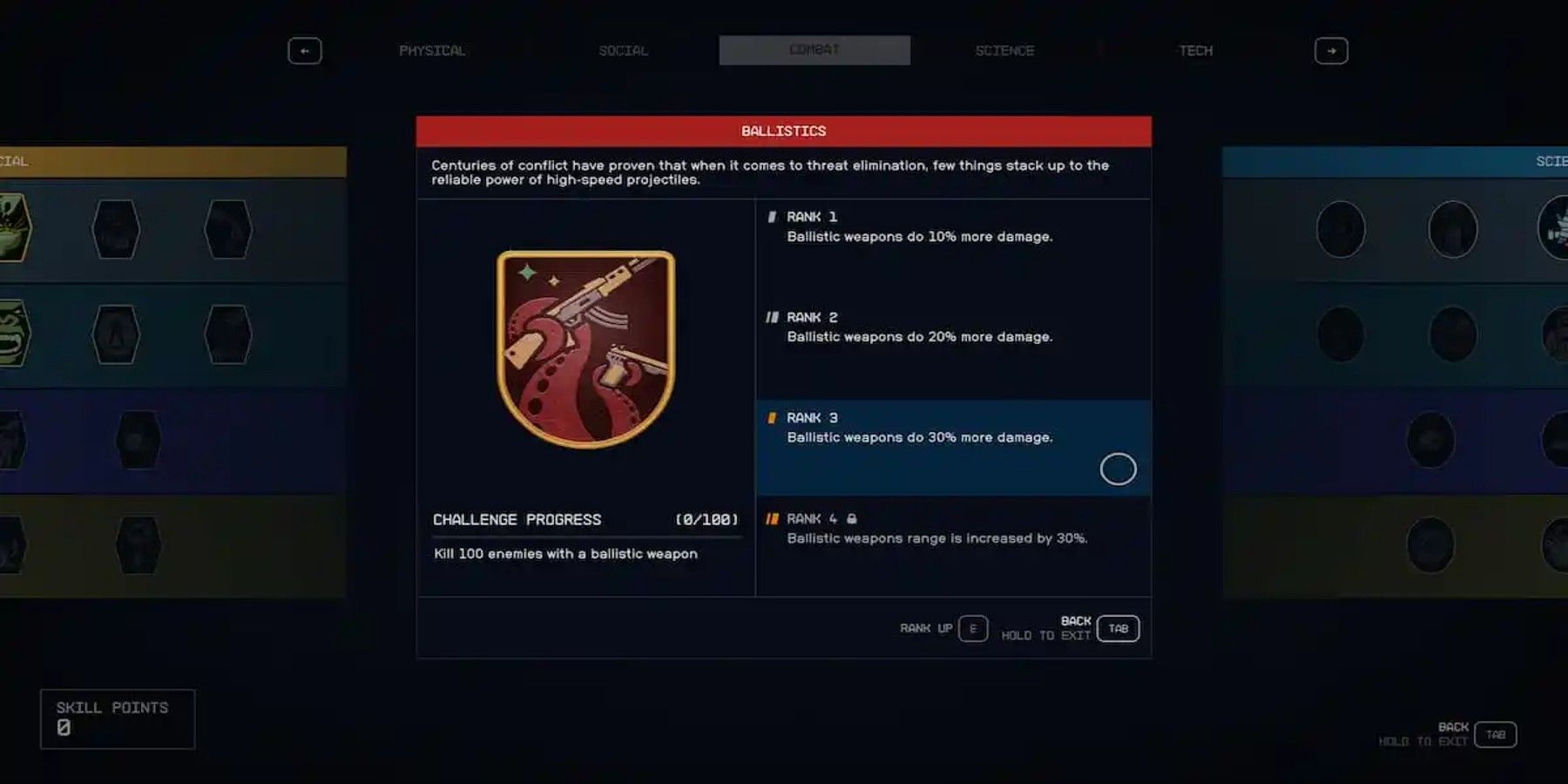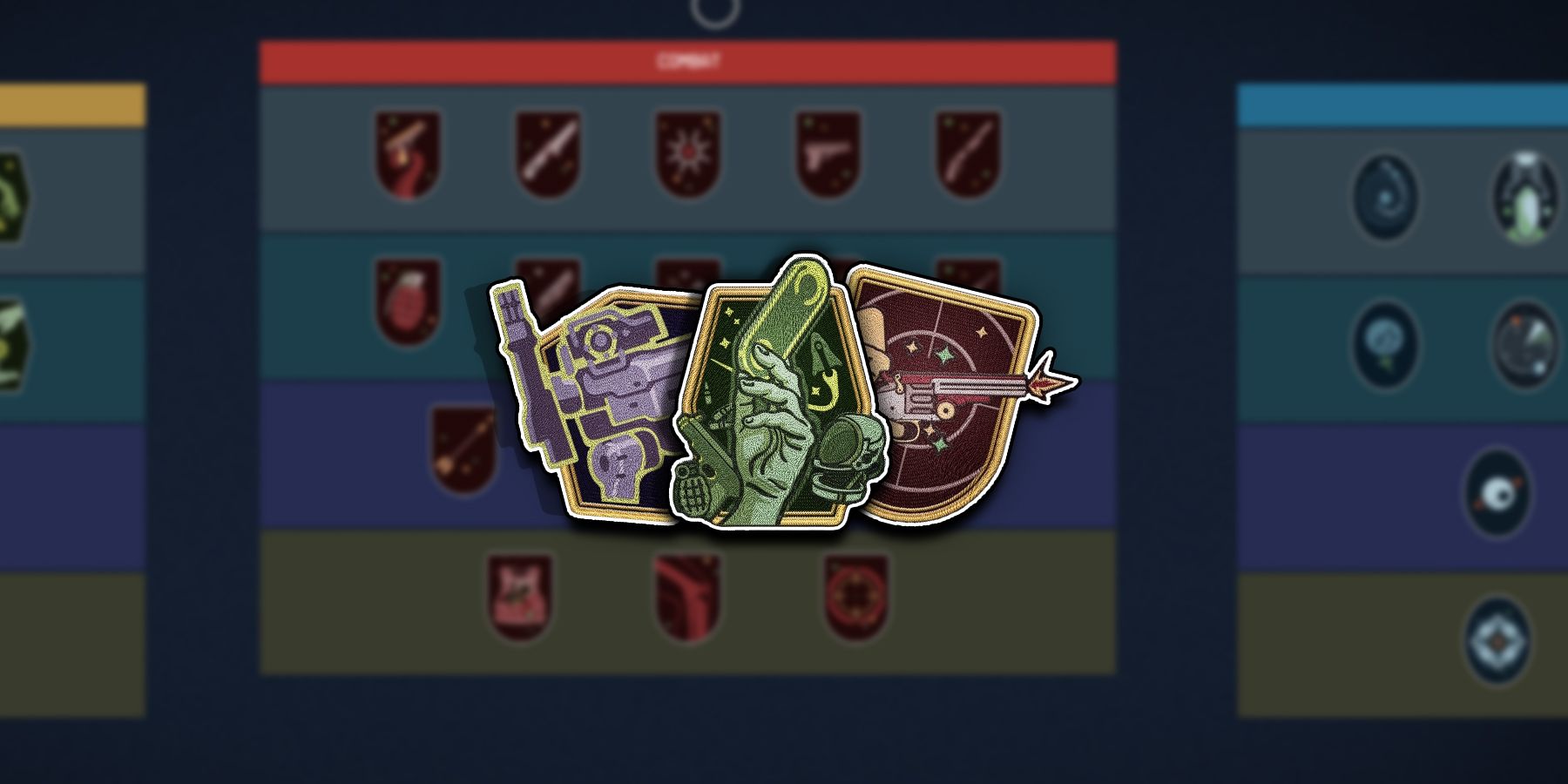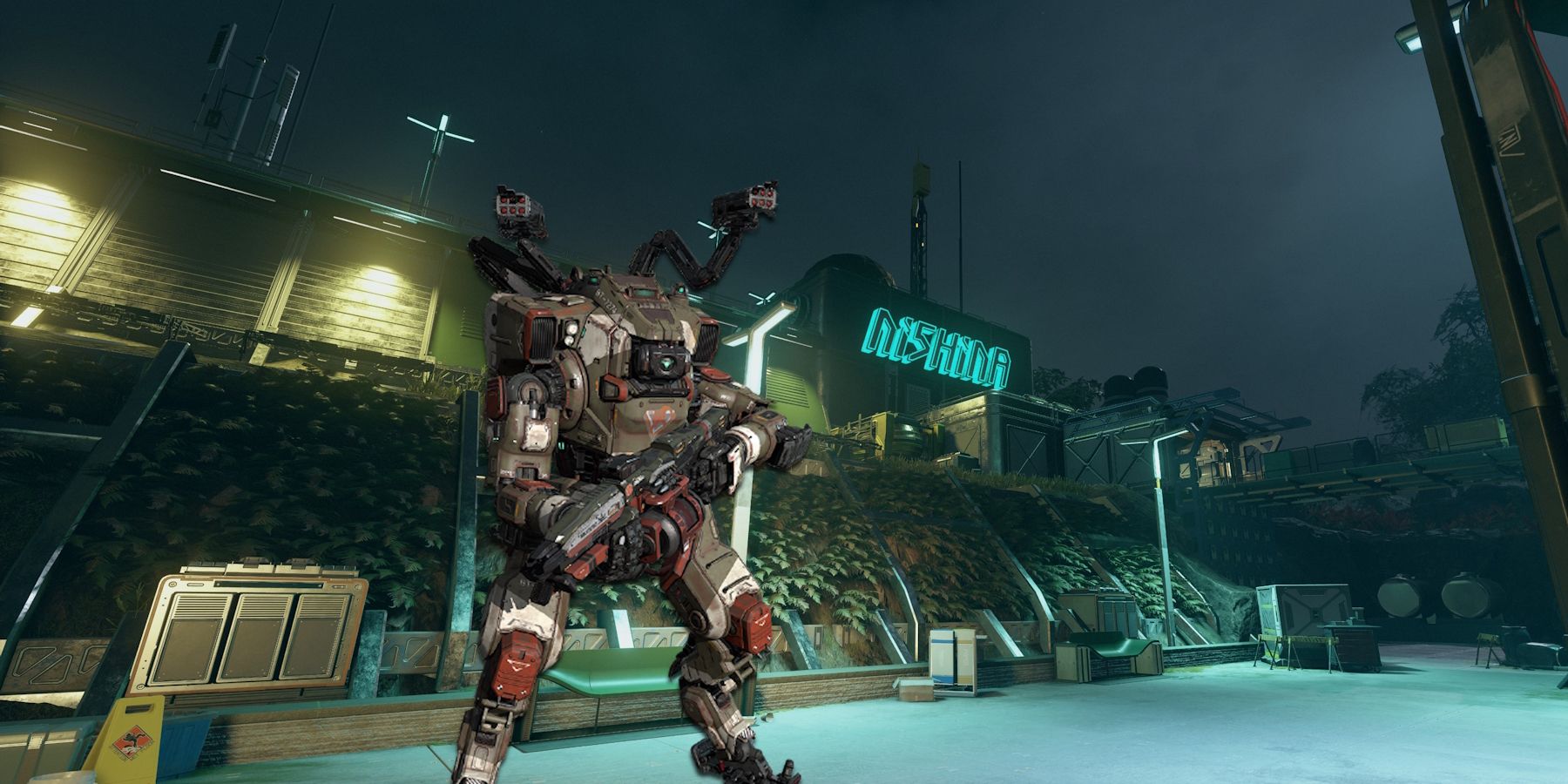Highlights
- Starfield's success is not solely due to pre-release hype, but also because of its quality as an immersive RPG.
- The skill-based progression mechanic in Starfield is an evolved version of the classic mechanic seen in The Elder Scrolls games.
- The addition of skill challenges in Starfield enhances the value of every action in the game and provides a quantifiable sense of progress for players.
Bethesda's latest immersive RPG Starfield is proving to be a massive success, breaking more than its fair share of records for the company in terms of its player adoption at launch. While a significant portion of this success can be attributed to the pre-release hype surrounding the title, ultimately it's the quality of Starfield that helps the game speak for itself. Despite being a brand-new IP, Starfield maintains all the expected characteristics that fans have come to love (and, in some cases, bemoan) of Bethesda-made RPGs while also slightly iterating on them. Of these, the tried-and-true skill-based progression mechanic from The Elder Scrolls games is perhaps the most evolved classic Bethesda staple.
Each game in The Elder Scrolls series features RPG progression centered around various skills. As characters accrue experience and level up, it's possible to spend a point in any of the various skill-specific trees that players have focused on for their characters. Of course, to open up some of the best perks in each of these skill trees, it's necessary to use that particular skill repeatedly. Starfield borrows this system, but successfully enhances it through the implementation of skill challenges that not only quantify players' progress in developing certain skills but also become their own micro-game within the context of Starfield's meta.
How Starfield Puts Its Own Unique Spin on an Age-Old Mechanic
Skill-based character progression is not a new mechanic in role-playing games, and its origins date back further than one might expect. One of the earliest console RPGs to implement a similar system is Final Fantasy 2, which was determined by Square to be so obtuse and difficult compared to the first game in the series that it never made its way to the NES. The general idea is that players will want to focus on leveling up the skills that they tend to use the most and, as a result, strengthen the characteristics of their build that are most conducive to their playstyle. But the execution of these systems was a mixed bag, somewhat peaking in its implementation via titles like Oblivion and Skyrim.
Starfield successfully iterates on this ages-old progression mechanic to help inject it with some new life and an added sense of utility. Each skill tree comes with its own base-level skills that players can invest points into at any time, but to unlock some of the advanced and useful skills, players have to invest effort into clearing out various skill challenges that unlock higher tiers of already purchased skills. It's a slight adjustment to what fans experienced in The Elder Scrolls titles, but it's one that makes so much sense it's hard to imagine a future Bethesda title without it.
Starfield's Skill Challenges Add Value to Every Action
As a result of the unique spin that Starfield puts on the classic "Bethesda-style" RPG progression, every potential action in the game now has value. Not only that, but players can actively track their progress across several different skill challenges at any given time, providing a quantifiable sense of progress in seeing one's character improve and develop. Sure, using a certain type of weapon to level up that particular weapon type's skill tree is nothing new, but being able to check and see that there are only 4 or 5 more enemies to take down before completing an associated skill challenge helps that same progression path become a novelty.
Even systems that players might not normally engage with, such as crafting or base-building, have enhanced value thanks to the addition of skill challenges in Starfield. These challenges don't just act as a mini-game for players to track their progress, they also have the potential to completely change the way players interact with the game and its mechanics. Simply put, this one small addition to a decades-old Bethesda mechanic quite literally is the level-up that it sorely needed.
Starfield is available now for PC and Xbox Series X/S.

